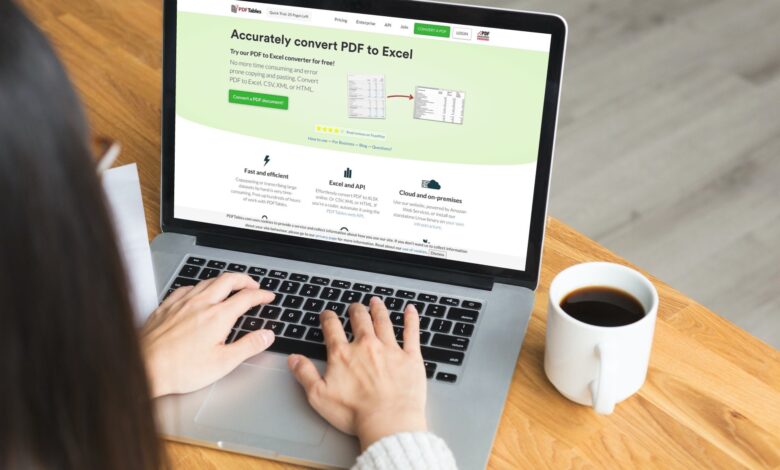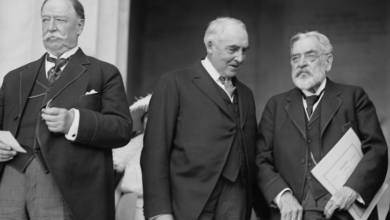8 Advantages of PDF Format Over Word Documents

In today’s digital world, businesses and individuals rely on various file formats to share and store important documents. While Word documents are commonly used for editing and drafting content, PDF files have become the preferred choice for sharing and preserving documents in their final form. One of the most common practices is to convert Word to PDF, ensuring the document remains consistent across platforms. PDFs offer several advantages over Word documents, making them an essential tool for many professionals.
Here are eight key advantages of using PDF format over Word documents:
1. Preserved Formatting Across Devices
One of the biggest advantages of converting Word to PDF is that it preserves the document’s formatting, regardless of the device or software used to view it. When sharing Word documents, there’s always the risk that the formatting will change if the recipient has a different version of Word or uses a different program to open it. PDFs maintain consistent formatting, including fonts, images, and layout, ensuring the document looks the same for every recipient.
2. Compatibility Across Platforms
PDFs are universally compatible with all operating systems and devices, from desktop computers to mobile phones. This makes them a more reliable option for sharing documents with a wide audience. Unlike Word documents, which may require specific software, PDFs can be opened and viewed on any device with a PDF reader, deciding to convert Word to PDF an easy one for ensuring compatibility.
3. Security Features
Another advantage of PDFs is the ability to secure your document. PDF files offer various security features, such as password protection and encryption, which are not natively available in Word documents. By using a PDF, sensitive information can be protected from unauthorized access. This makes PDFs the preferred format for contracts, legal documents, and financial reports, where security is a top concern.
4. File Size Optimization
PDF files are typically smaller than Word documents, making them easier to share via email or upload to websites. The PDF format compresses the content without sacrificing quality, which is especially useful for documents containing high-resolution images or graphics. By converting Word to PDF, you can reduce file size while maintaining the integrity of your document.
5. Better for Printing
If you need a document for professional printing, PDFs are the superior choice. PDF files ensure that the printed version of the document will match what you see on the screen. Word documents, however, may lose some formatting during the printing process, especially if the printer does not support the specific fonts or settings used in the document. Converting Word to PDF ensures that the document prints exactly as intended.
6. Non-Editable Format
PDFs offer a distinct advantage for documents that need to be distributed but not edited. Once a document is converted to PDF, it becomes non-editable unless specific permissions are given. This ensures that the recipient cannot change the document’s content, which is particularly important for contracts, agreements, or official reports. By converting Word to PDF, you lock in the content, making it ideal for final versions of important documents.
7. Integration with E-Signature Tools
In today’s business environment, e-signatures are becoming increasingly common. Many PDF readers, such as Adobe Acrobat, offer built-in e-signature functionality, allowing users to sign documents digitally without printing or scanning them. This capability makes PDFs more convenient than Word documents when signatures are required. PDFs are also more widely accepted for official transactions involving e-signatures, further reinforcing their advantage.
8. Long-Term Accessibility
PDFs are designed for long-term use and archiving. Unlike Word documents, which may become obsolete as newer versions of software are released, PDFs adhere to a standardized format that will continue to be supported for years to come. This makes PDFs the preferred format for documents that need to be preserved for future reference, such as research papers, legal files, or financial records.
The advantages of converting Word to PDF are clear—PDFs offer superior formatting consistency, enhanced security, better compatibility, and more. Whether you share documents, print files, or archive important information, PDFs provide a reliable and professional solution that outshines Word documents in many ways. By understanding the benefits of PDF format, you can make more informed decisions when handling your digital documents and ensure they meet the needs of both your business and your audience.



